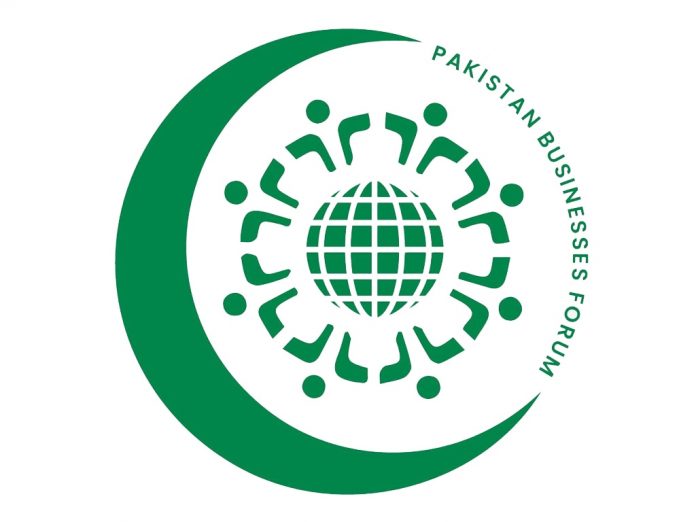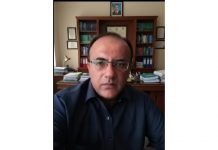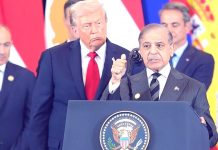KARACHI: Pakistan Businesses Forum (PBF) elected the office-bearers for the period of three years as Mian M Usman Zulfiqar as its central president and Mahvish Ali secretary general, a statement said Monday.
The PBF has been restructured so as to be better prepared for the effective advocacy forum by one of the largest private sector businesses & conglomerates.
In its process of restructuring, members of the group elected their central office-bearers for a period of three years, and besides president and secretary general, Muhammad Riaz Khattak (Senior Vice President), Ahmad Jawad (Vice President/CEO) and Muhammad Usman Kaira (Vice President-II).
The restructuring process was approved by the advisory board of the PBF. During the meeting Muhammad Naseer Malik, Mir Murad Ali Talpur, Daroo Khan Achakzai and Umar Masood ur Rehman were chosen to head the PBF provincial chapters of Punjab, Sindh, Balochistan and KPK, respectively.
Similarly Syed Faheem Shah, Muhammad Nadeem Maqbool, Waheed Khaliq Raamay and Malik Farid (former President Haripur CCI) were elected as Vice Chairmen for Sindh, South Punjab, Central Punjab and KPK respectively. Also, Syed Bilal Izzat Naqvi as Secretary Information. Dr Laraib Elahi was appointed as Deputy Secretary General for Economic diplomacy included Shehla Sultana as Assistant Secretary General for Blue Economy and Tourism.
While talking to business recorder, PBF Secretary General Mahvish Ali said future of Pakistan lies on economic diplomacy and outreach to the world. Economic stability cannot come at the cost of military security and human security. The challenge is too big to overcome and needs a broader national response.
Pakistan must reorient the thrust of its diplomatic efforts towards economic benefit and prosperity of the masses.
“Economic Diplomacy is not just a buzzword, but a blueprint to leverage our diplomatic assets in the service of our development agenda.”
A serious shift towards increasing trade and investment stakes of regional partners may well be the only answer to reviving growth and stability. It is a real test for the leadership to maturely and sensibly manage this transition from a security-led engagement to leveraging regional economic potential for shared prosperity and the possibility of catching up with the income levels of emerging Asia.
In addition to the state, the most important actors of economic diplomacy include regional organisations, financial institutions, sovereign wealth funds, private companies and non-governmental economic bodies. Most recent literature closely links economic security with national security priorities where the role of economic diplomacy becomes crucial in neutralising the security threats emerging from weak economic fundamentals.
No wonder that a country of over 200 million people is struggling to come up with a serious growth policy with an inexperienced conflicted team of generalists.
The point is simple: without creating space for top-class economists, sector experts and people of international standing, a mindset shift will not happen. “Economic diplomacy requires visible signals of a new approach to reposition Pakistan in a rapidly changing world.”















